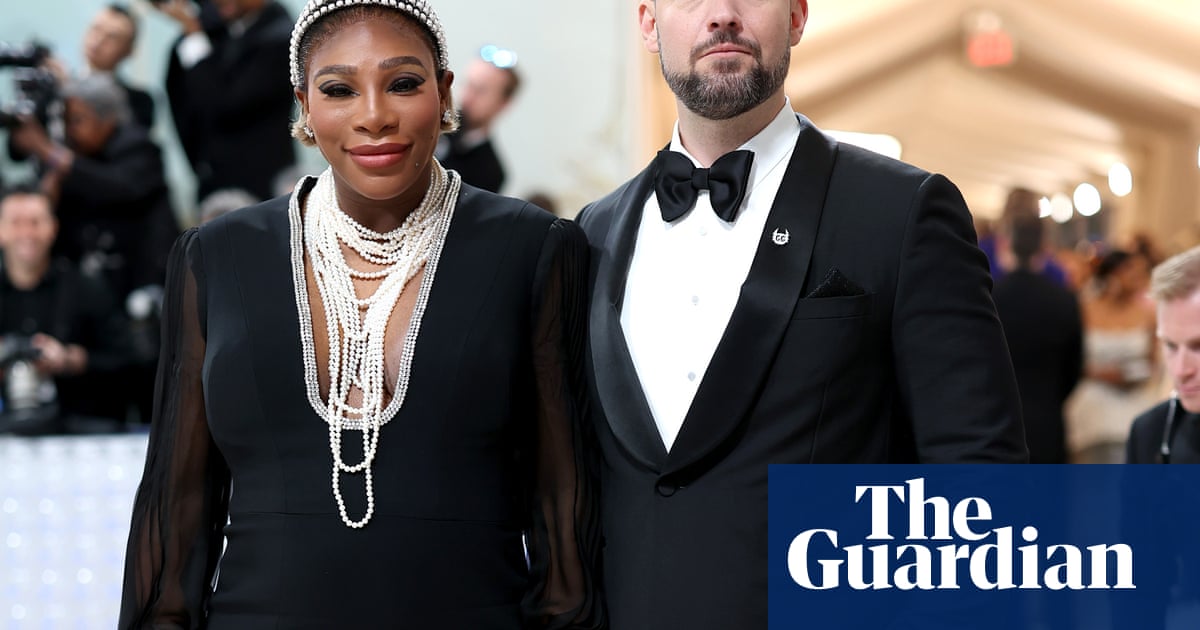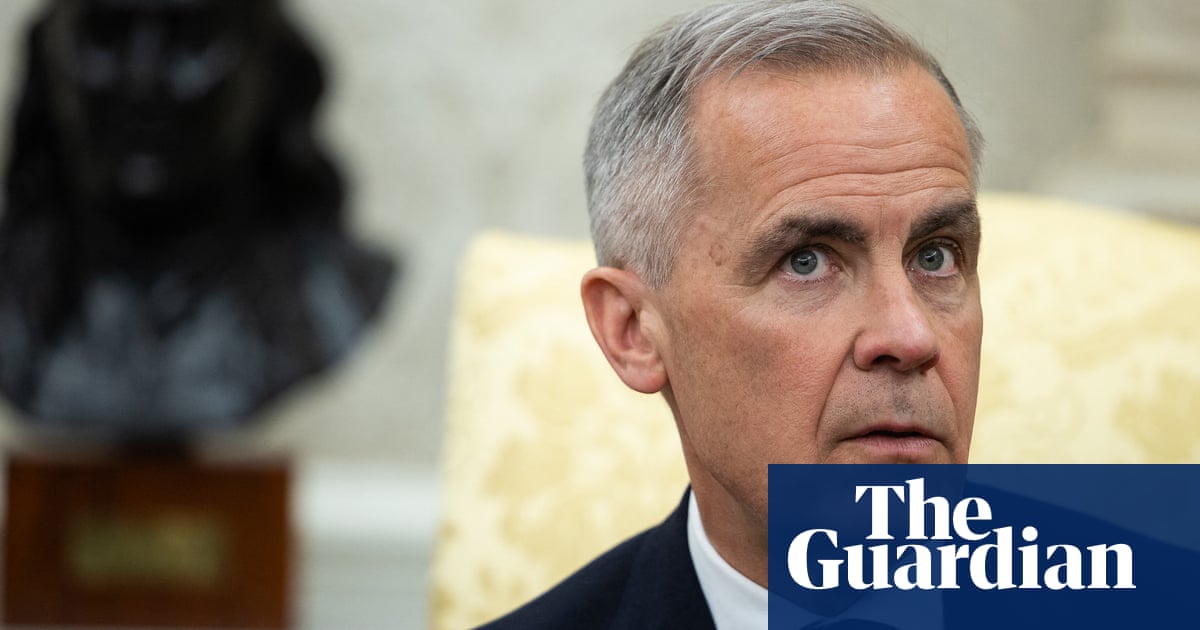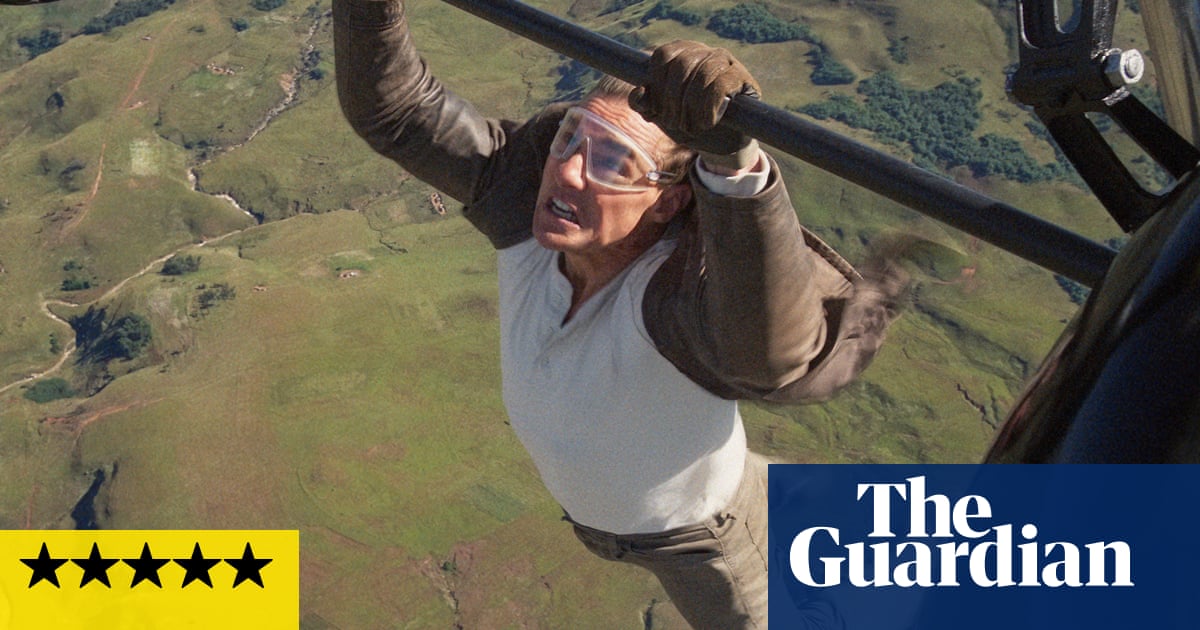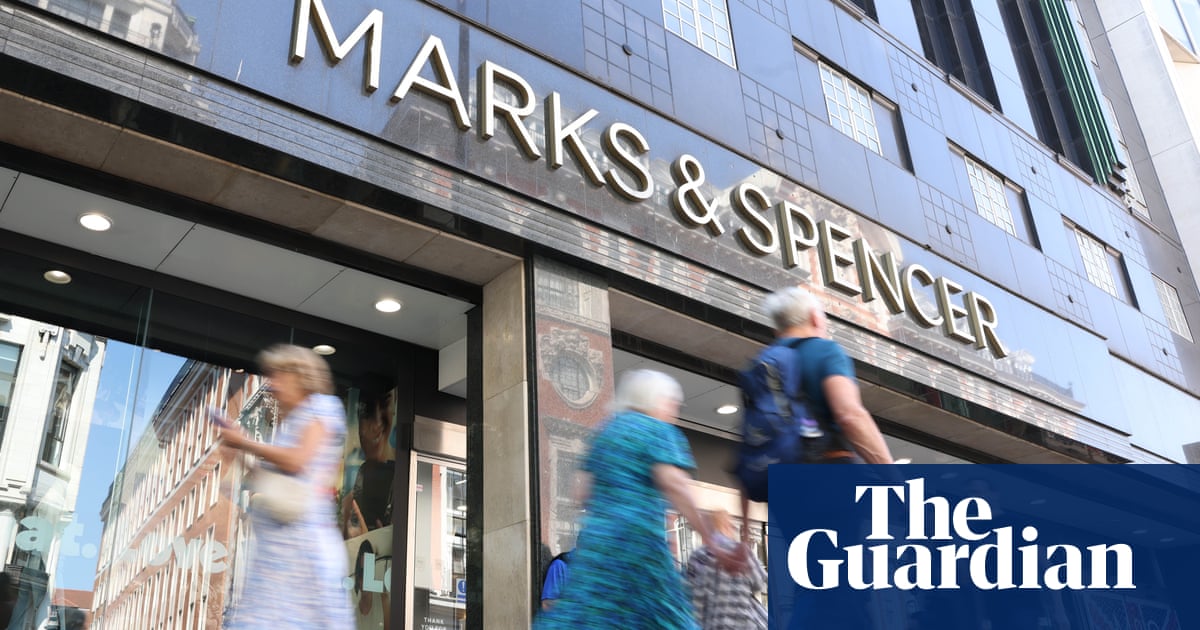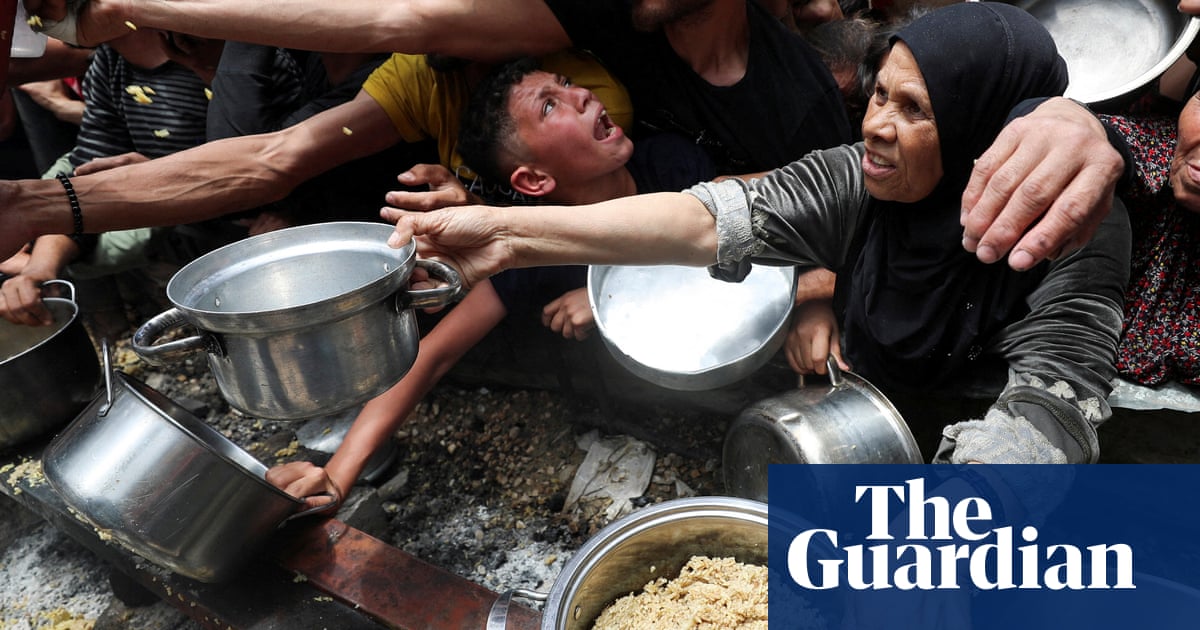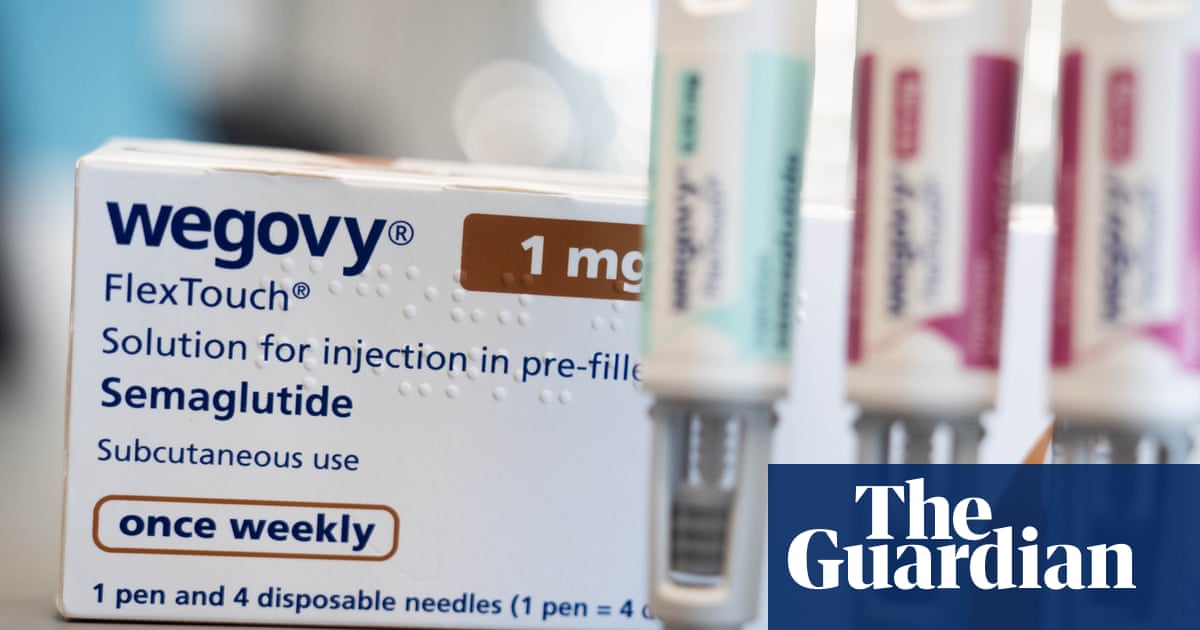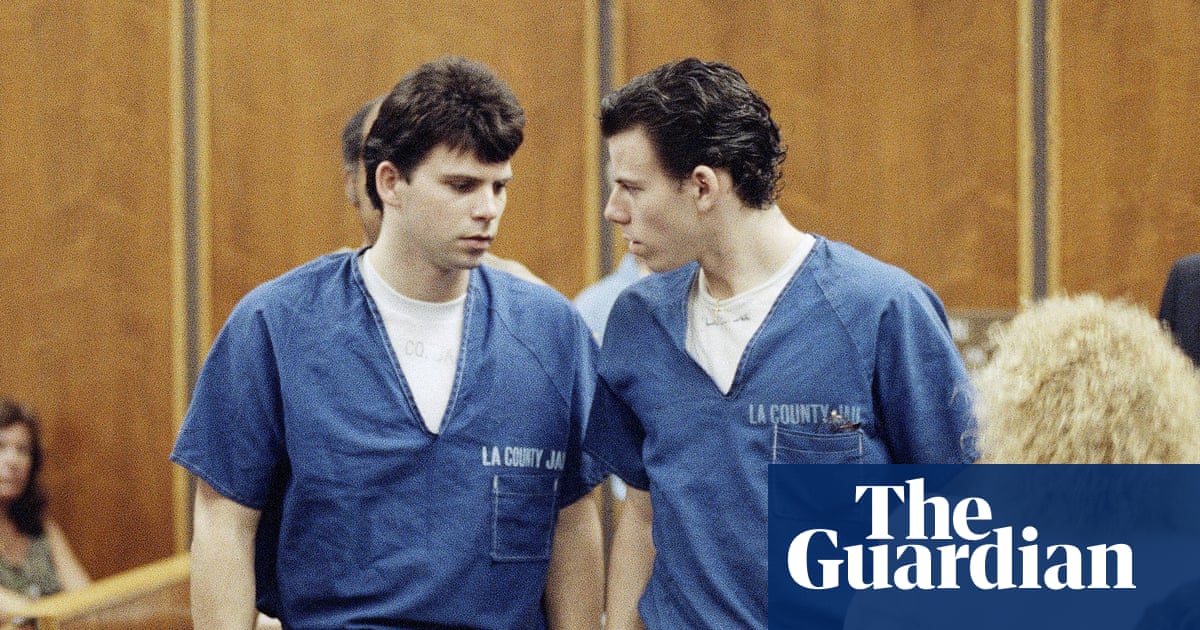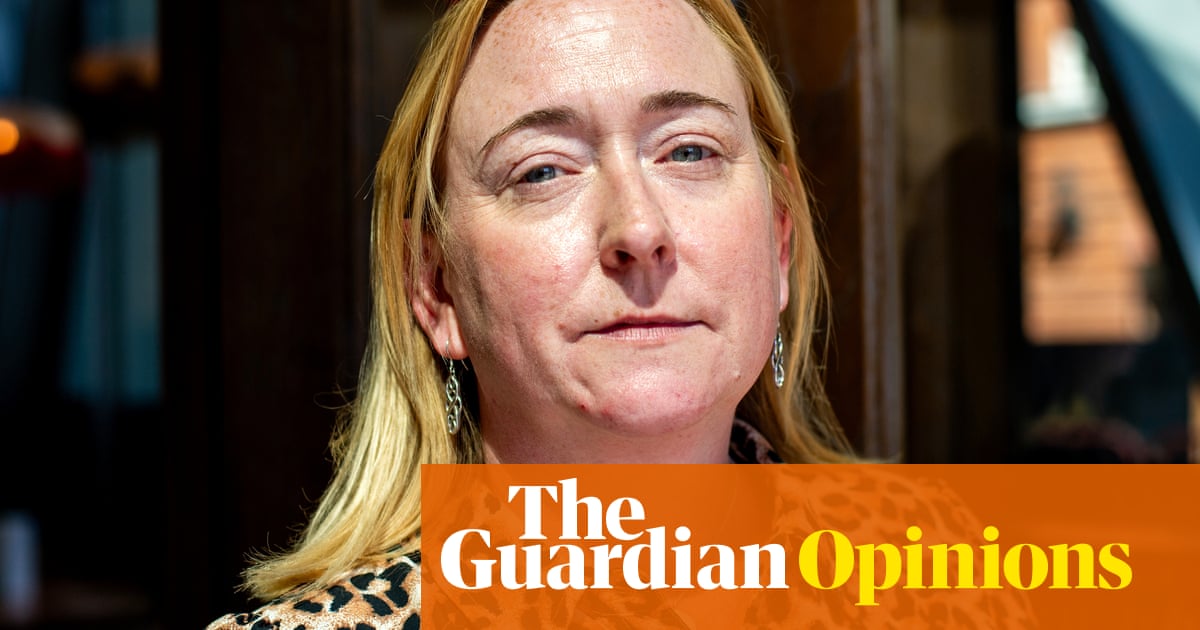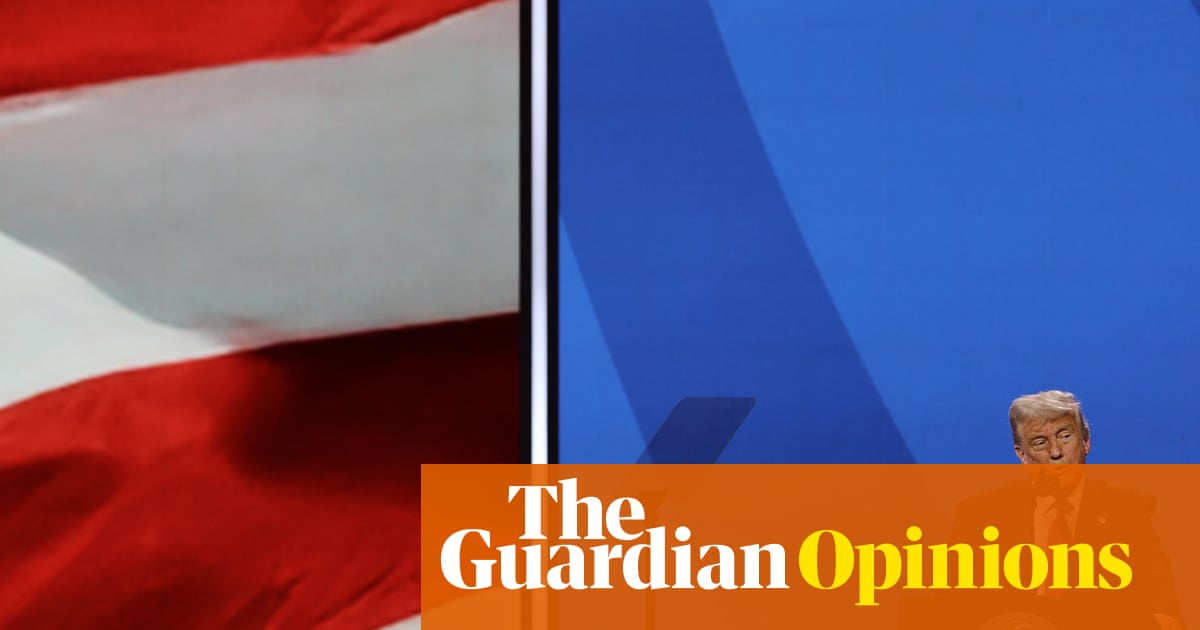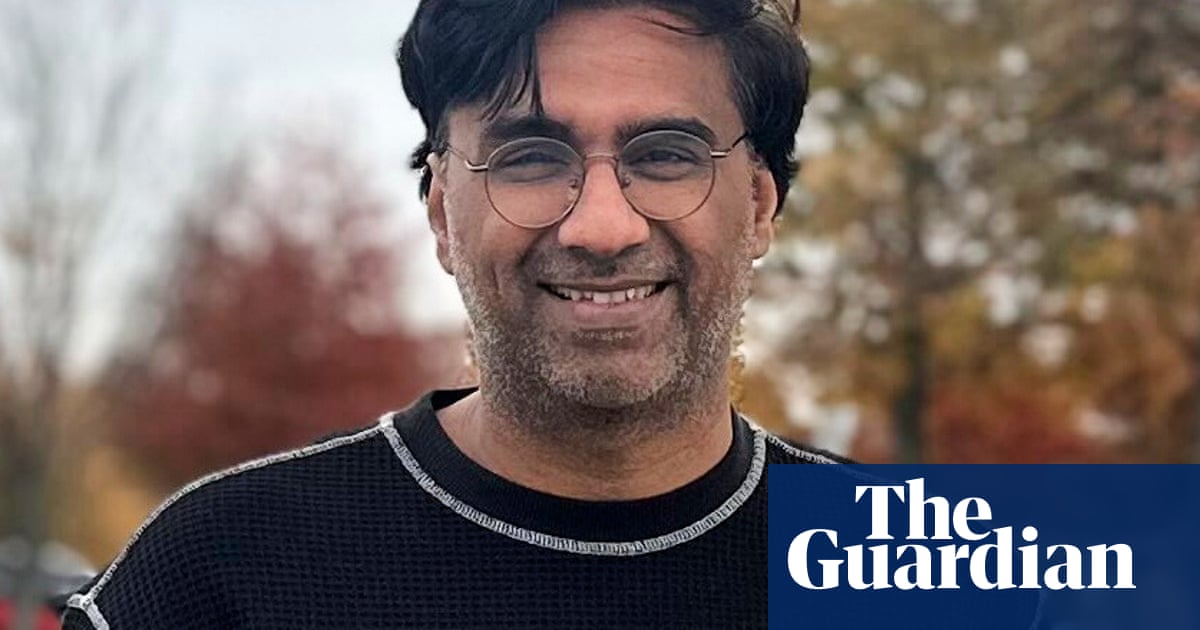Why do some movie careers take off … and others go a bit sideways? Val Kilmer was a smart actor, a looker, a terrific screen presence and in later years an under-appreciated comic performer. His finest hour as an actor came in Shane Black’s comedy action thriller Kiss Kiss Bang Bang in 2005, when he was quite superb as the camp private investigator Gay Perry Shrike: a gloriously sleek, plump performance which was transparently – and outrageously – based on Tom Ford. If only Kilmer could have started his acting life with that bravura performance, and shown the world what he could do. Instead, and at a crucial stage in his career, he was trapped in the body and face of a staggeringly beautiful young man.
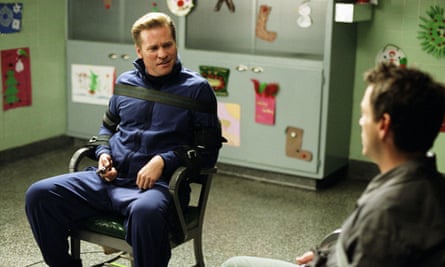
He could somehow never quite persuade Hollywood to accept him as a leading man and above-the-title player in the mould of his Top Gun contemporary Tom Cruise, who in 1986 played Pete “Maverick” Mitchell to Val Kilmer’s Tom “Iceman” Kazansky. As the 80s and 90s rolled by, Kilmer never ascended to the league of Cruise, Hanks, Clooney and Pitt. Medication for the illness he latterly suffered can’t have helped, and it is a great sadness that fate never allowed him to mature in the same way as, say, Kurt Russell.
In the mid-90s, Kilmer had a real shot at mainstream stardom. He took over from Michael Keaton in the role of the caped crusader in Batman Forever, a film which performed very respectably at the box office but which was received coolly by the critics on the grounds of its sunnier, goofier style, closer to the 60s TV show. This was in an era when superhero movies did not cultivate the Comic Con fanbase in the way they do now, although it is not clear that DC fans would have taken Val Kilmer to their hearts. Kilmer also played Simon Templar in The Saint, the classy sub-Bond caper made famous on the British small screen by the young Roger Moore. To this, the reaction was a resounding meh.
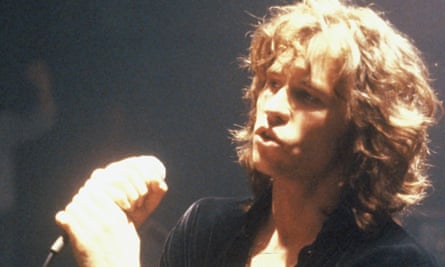
Kilmer however made a powerful, even stunning impression in other roles. He was an almost ethereally handsome hero in Willow in 1988, a fantasy adventure planted in relatively stony soil (this being an era before Lord of the Rings and Game of Thrones made fantasy a big important genre). A frustrating non-breakthrough came three years later when he was cast in the difficult, unlucky role of Jim Morrison in Oliver Stone’s The Doors, but the director encouraged an interpretation heavy on the preeningly self-destructive and unsympathetic “legend” of Morrison, the iconic rock star heading for an obese drug-addled crisis; the American life with no second act. In George P Cosmatos’s acclaimed western Tombstone in 1993, Kilmer got respect for his performance as the tubercular gunslinger, drinker, womaniser and card-player Doc Holliday, and almost stole the picture from Russell as Wyatt Earp. It was the Holliday performance which got him his chance at superhero glory.
Kilmer also played a supporting role in the classic Michael Mann action thriller Heat in 1995 as Chris Shiherlis, an armed crew member working for the legendary villain Neil MacCauley, played by Robert De Niro. Here, sadly, Kilmer had no opportunity to upstage the main players Pacino and De Niro, whose alpha-gorilla face-off is epitomised by the great coffee-shop scene. Could Kilmer have taken either of those two leads? Well, it was not to be.
Anyone wanting to see the very best of Kilmer should get hold of Kiss Kiss Bang Bang and thrill to his wonderfully funny, seductive performance as Perry, the LA dude in gorgeous suits who is sexier and savvier than anyone else on screen: gay or straight, law-breaking or law-abiding. He even managed to make his fleshiness look sensual, with a droll and witty self-awareness. In his autumn years, and all too briefly, Kilmer showed us his real star quality.

 1 month ago
22
1 month ago
22
